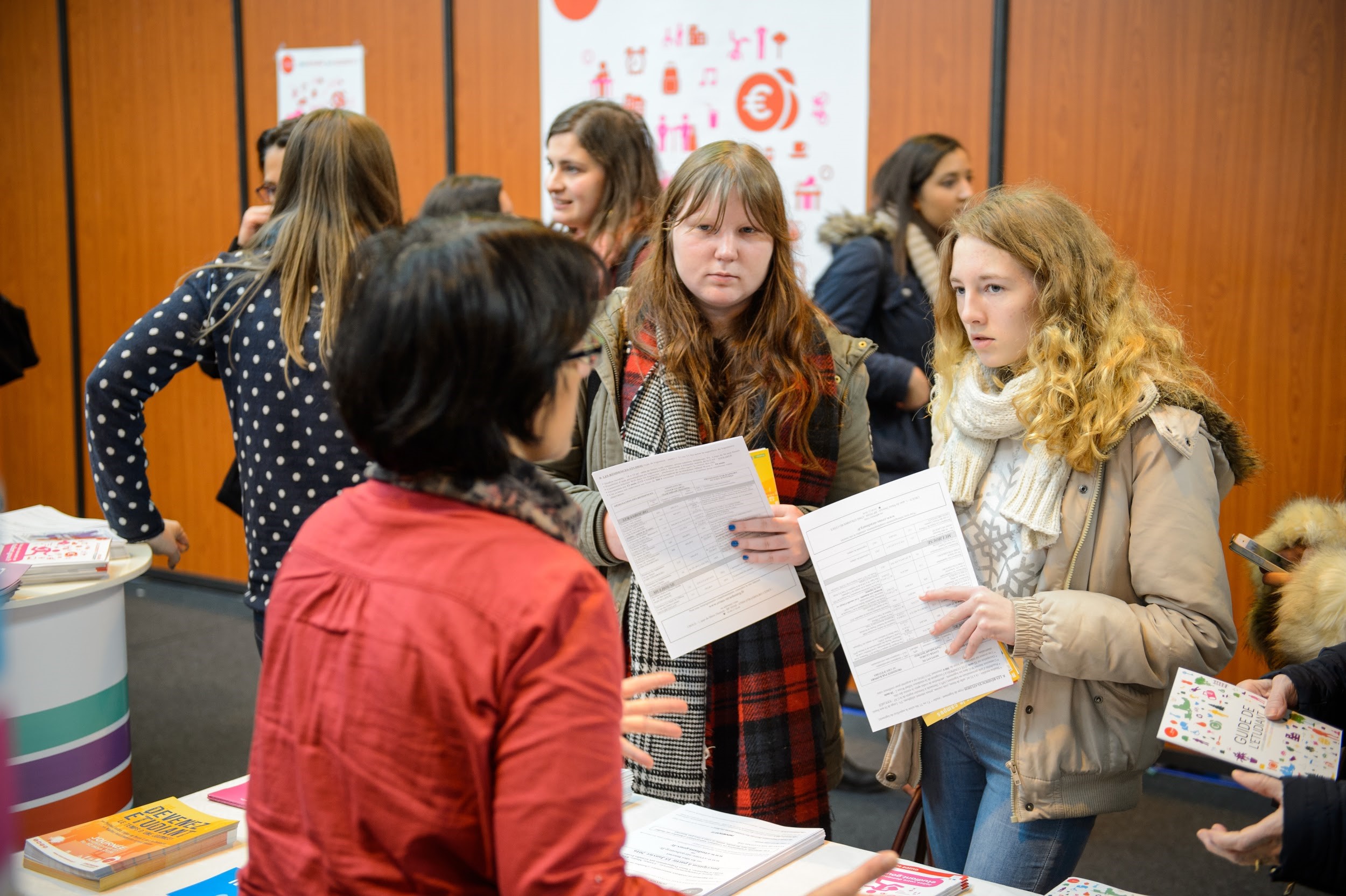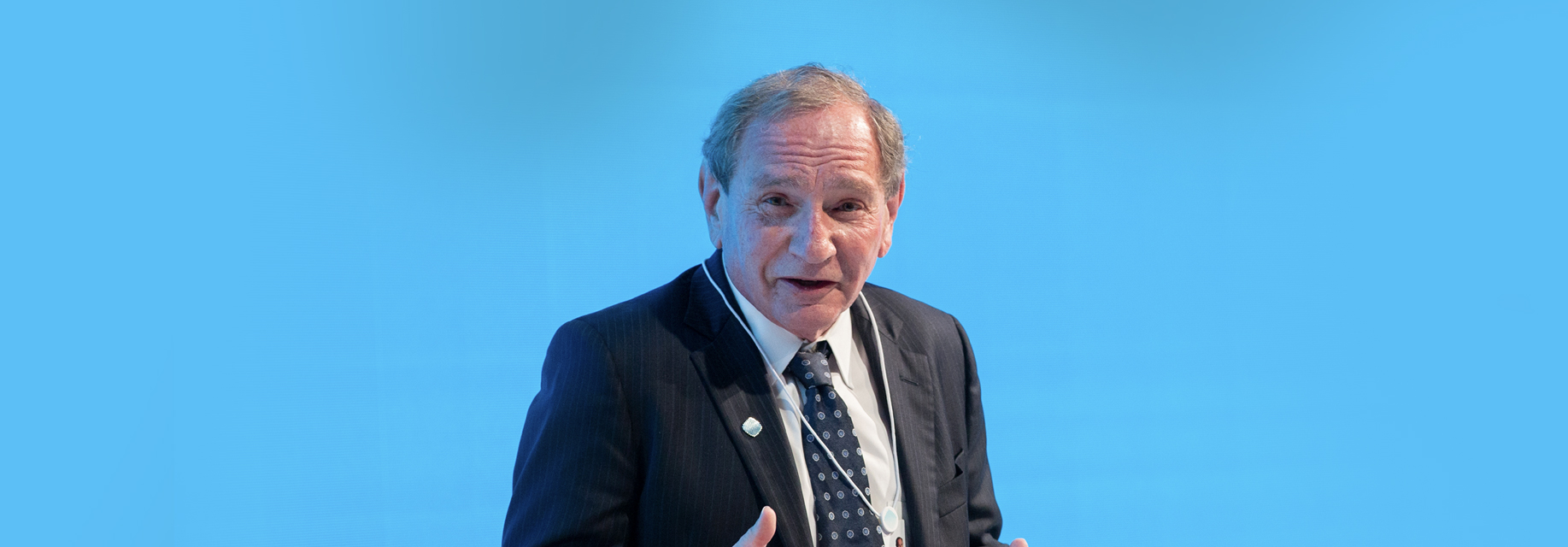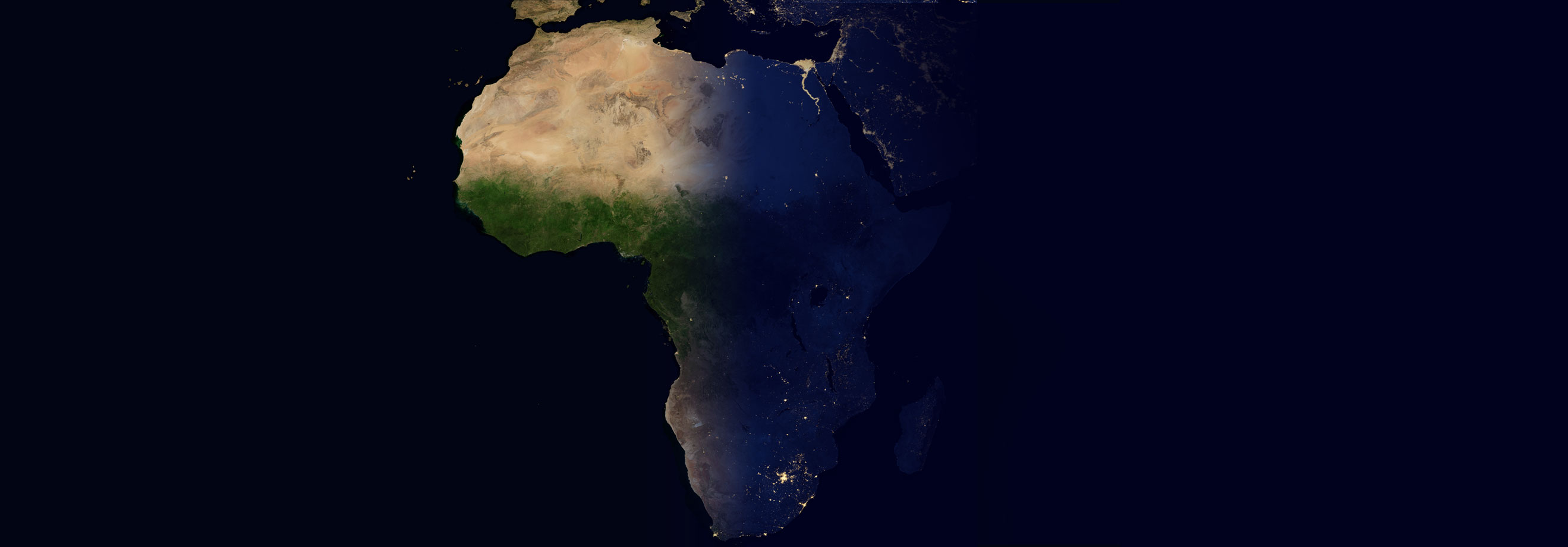France is experimenting with a radically different approach to education
It used to be said that a French education minister could open the national curriculum - the programme d'enseignement obligatoire - and know exactly what every pupil in the country was learning that day.
Since the 1880s, when the groundwork was laid for free secular education, the state has prided itself on an almost military approach to schooling, with central policies from pay to staff hiring firmly dictated by the centre.
But in recent years questions have been asked about the French model. In the international PISA rankings of OECD countries, France’s scores for maths among 15-year-olds fell from 511 points in 2003 to 493 in 2015. Although that’s still in the average range, it’s a worrying drop.
There has also been criticism that the system serves high-achievers but fails others.
“Twenty percent of pupils are in a worrying situation and they are mostly children from disadvantaged backgrounds," OECD education expert Eric Charbonnier, told Le Parisien newspaper.
Primary problems
Many studies have shown that a good primary education - which lays the groundwork for all the learning that follows - is crucial. According to The Economist, Emmanuel Macron, the country’s president, and Jean-Michel Blanquer, the education minister, “have put reform of primary education at the centre of their policy to combat school failure and improve life chances”.
One of the main reforms is to shrink primary school class sizes for underprivileged groups.
Classes have tended to be of 30 or more but, according to The Local, children in their first year of school in priority areas, where educational inequality is seen to be a problem, will be one of only 12 or 13 pupils per class.
Some 2,000 classes across the country will be affected by the changes.
Source: Hadrian / Shutterstock.com
Encouraging difference
Blanquer, a former director of Essec business school, also wants to increase autonomy and experimentation in individual schools, as well as encourage teachers to work on cross-curricular teaching that does away with single-subject lessons.
The minister has also said he will shake up the secondary system of education with a reform of the baccalaureate exams.
Again, there are charges that these exams only serve the better-off. According to a 2016 report in The Local by Oliver Gee, higher education institutions are largely overcrowded, underfunded and only 5% of France’s 65,000 university students make it into an elite grande école.
Global lessons
Around the world, education ministers are trying to improve equality of opportunity by developing more personalised education that does not come with the taint of past practices.
For example, the Finnish system, unlike many, has no league tables, inspections or exams below the age of 16. It allows teachers to have more of a say in what subjects are studied and encourages a collaborative approach in which students of different ages work together. Finland performs well in the PISA rankings.
In October Bill Gates, the philanthropist and founder of Microsoft, announced a $1.7 billion programme for schools interested in developing different approaches to education. This includes breaking up bigger schools into smaller ones and collecting better data to guide future changes.
Coding college
One possible future educational model the French government may consider is that in use in the Paris-based 42 coding school, the brainchild of billionaire entrepreneur Xavier Niel.
Boasting no lectures or teachers, the students comes from all walks of life and work on collaborative projects that they grade between them. Some 80% of its students find employment before graduation and 100% have work by the time they finish, the school says.
As well as technology, students develop the “soft skills” of negotiation, cooperation and collaboration that businesses often cry out for.
A similar model is about to be trialled in the US and once again businesses are involved.
In California's Silicon Valley, software company Oracle is funding a Design Tech High School, set to open in January. This also aims to target pupils from disadvantaged backgrounds.
Part of the idea is Oracle employees will share the San Mateo campus with pupils. As well as using IT to improve learning and outcomes, the hope is that staff will learn as much from students as the students learn from them.
The AI approach
Technology, and particularly artificial intelligence programs using machine learning, are likely to be crucial to the successful delivery of personalised education.
As an OECD report into personalised education puts it: “It will call for multidisciplinary collaboration between educational designers and technology developers and the full exploitation of mobile devices and wireless networks.”
For education ministers globally, much may depend on how experiments like the Design School and 42 succeed, as well as how comfortable people are with the involvement of businesses in schools and the collection and use of student data.
Whether this style of education is one Blanquer will pursue or not, it seems change is on its way to France. This will require some concessions, not least by parents, teachers, unions and political opponents.
But Macron and Blanquer may consider any opposition they face worthwhile if in the long-term they can improve the life chances of the poorest, modernise the skills of future workers and give the economy a boost



